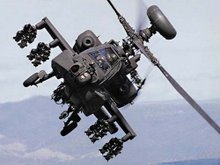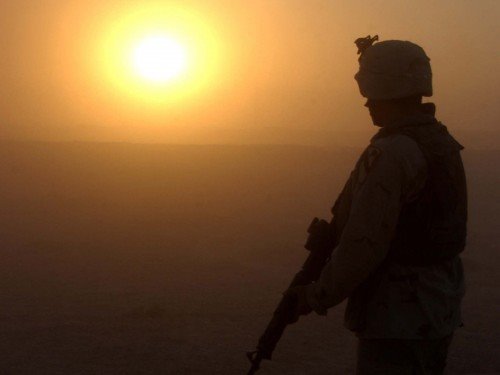It has been widely reported today that my client, Air Force Colonel
John Howard, reached a "plea deal" in his case. That is not technically accurate.
While it is true that the court-martial and false sexual assault
allegation against him were dropped, there was no "plea deal" that
required him to plead guilty to something in exchange for something. We
arrived at a pretrial agreement in Col Howard's case in which he agreed to
accept an administrative Article 15 and the government agreed to drop the
court-martial. The Article 15 did not allege sexual assault...because
there was no sexual assault, period.
Here is one such media article:
Below is the entirety of the defense press release, which details
the circumstances of the resolution of the case and the defense exposing how
Col Howard had been falsely accused of sexual assault:
PRESS RELEASE - REGARDING
AIR FORCE COLONEL JOHN HOWARD
Based on what was left out
of the Air Force press release, the defense feels compelled to clarify the
circumstances of the resolution of this case. There was no sexual assault in
this case, period. The Convening Authority did the right thing by not
only dropping the court-martial charges, but by dropping the sexual
assault allegation from the subsequent Article 15. As indicated in
the Air Force press release, Col Howard was not even accused of sexual
assault in the Article 15 he accepted - because that allegation was
false. As stated in the Air Force press release, the Article 15 alleged
Conduct Unbecoming and Fraternization.
While the complainant,
through her attorney, indicated that she did not wish to proceed to trial
in Col Howard's case, the circumstances of that decision were left out of the
Air Force press release. Prior to the scheduled Article 32 hearing,
the defense had uncovered evidence and witnesses that clearly refuted the
complainant's sexual assault claim. This included communications
directly from the complainant to Col Howard after the date of the alleged
incident that left no reasonable doubt that the sexual assault allegation
was false.
The defense was prepared
to present this evidence and the witnesses at the Article 32 hearing, and
we served notice of this on the complainant's attorney and the government.
After that, the complainant's counsel submitted the letter indicating that
The sexual assault
allegation in this case was highly publicized, so we hope the fact
Finally, it is important to understand that while Col Howard
accepted an Article 15 in this case, he did not agree with the facts alleged on the
Article 15. Some press outlets have published the facts alleged on the Article 15, but when the Air Force provided these alleged facts to the press, they failed to mention that we submitted a comprehensive defense against the Article 15 - citing witnesses and evidence - to argue that the facts alleged against Col
Howard were solely based on the word of the complainant...and we had already
established that her word was not to believed. That's what resulted in
the false sexual assault allegation being dropped in the first
place. As such, her word should not have formed the basis for the Article 15 allegations either.
In addition, in our Article 15 defense we challenged the
objectivity of the Air Force Office of Special Investigations (AFOSI), and
cited specific examples of what we considered to be serious problems with their
skewed investigation and biased interviewing of the complainant. In our
argument, we pointed to clear instances of the agents acting more like
advocates of the complainant than law enforcement agents who should have been objectively
investigating allegations. That, of course, is what happens when your
investigation begins with the flawed premise of "Believe the
Complainant." While that may be entirely appropriate in a therapy context, it
is never appropriate in a law enforcement or court process. In this case, the complainant was not to be
believed after all.
By: Attorney Richard V. Stevens
Civilian criminal defense lawyer and military defense lawyer
Military Defense Law Offices of Richard V. Stevens, P.C.
Blog postscript: I (attorney Richard V. Stevens) am a former active
duty military lawyer (JAG). My perspectives and advice, therefore, are based
upon my experience as military defense lawyer and as a civilian criminal
defense lawyer practicing exclusively in the area of military law and military
justice. This blog addresses issues in military law, military justice, military
discipline, military defense, court-martial practice, the Uniform Code of
Military Justice (UCMJ) and other military and/or legal topics. Nothing posted
in this blog should be substituted for legal advice in any particular
case. If you seek legal advice for a particular case, please contact The Law
Offices of Richard V. Stevens for a free consultation. These military defense
law offices are located in the Washington DC, Northern Virginia, Maryland,
National Capital Region (NCR), but the military defense representation is
worldwide – when necessary, the attorneys travel to wherever the client is
stationed around the world.


























No comments:
Post a Comment